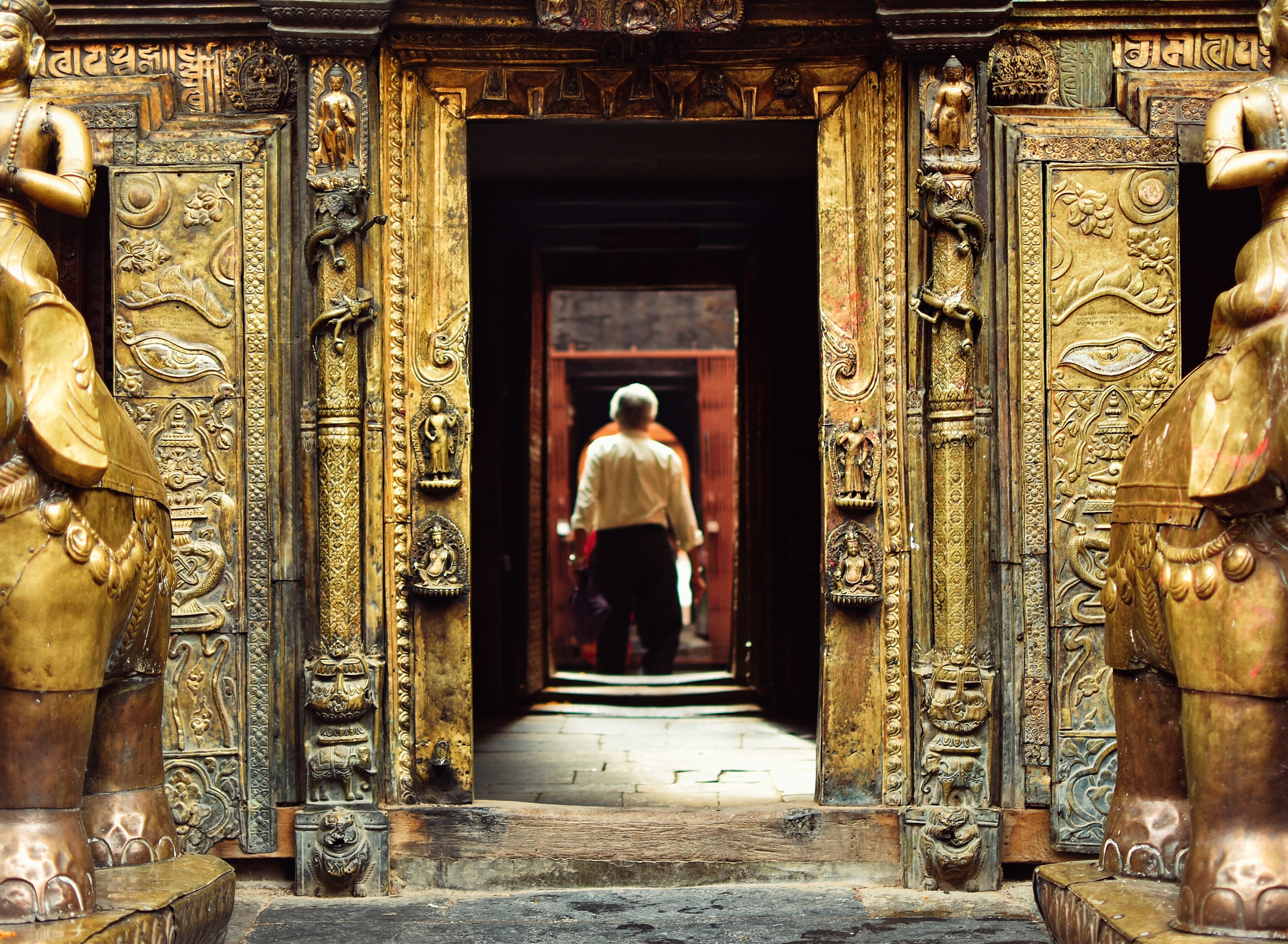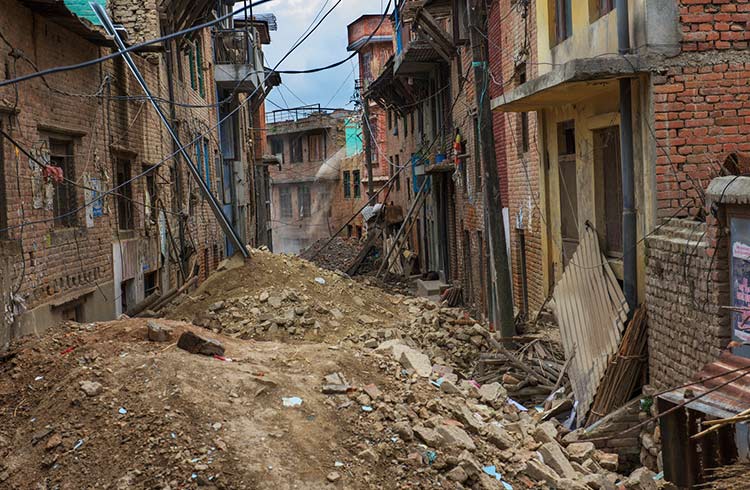A nation slowly regaining its lost foothold after the 2015 earthquake, Nepal is brimming with stories. If you’re a writer looking to cover it, Prathap Nair shares his tips on how to find and write your story.
 Photo © Swodesh Shakya
Photo © Swodesh Shakya
For a writer, stumbling upon a great story idea on a trip is why we get up in the morning.
It’s perhaps pure serendipity that a writer and a story idea find each other. But such encounters occur very rarely. Most the time a great story comes from months of preparation, research, and creative thinking.
- Keep Your Eyes Peeled
- Avoid the Most Obvious Stories – Find Something New
- Approaching the Subject for an Interview
- Tools for the Modern Writer
Keep your eyes open
Keep an eye out for anything that catches your interest and can be transformed into a story.
The lone monk standing on the rubbles of Durbar Square seeking alms, the delicious street food that goes beyond dal bhat, or the growing cafe culture in Kathmandu – all of them are potential story ideas.
Another great way to hunt for ideas is to read local English-language newspapers. These include The Himalayan Times, The Kathmandu Post, and magazines such as The Nepali Man and Wave.
Find something new
Earthquake-related stories have been reported by almost every single outlet in the world, so it’s a good idea to look for follow-up stories.
Aside from Everest and climbing-related stories, there are quite a lot of offbeat trekking and adventure travel stories waiting to be told.
Nepal’s national parks host a wealth of flora and fauna (and the rare one-horned rhino) and their conservation success – particularly the Chitwan National park – are worth writing about.
Though mired in issues related to lack of public infrastructure and sanitation, Kathmandu is still a vibrant capital city. Under its chaotic surface are countless interesting personalities waiting to be profiled.
Approaching a subject for an interview
After you find your idea and decide on your story, approaching your subject while you are still in the country is a good idea.
In general, Nepalis are not shy of talking to a tourist – for years, they’ve seen way too many of them. They usually don't mind being photographed either. However, the universal rule of thumb applies – though it’s not always possible, ask whenever you can before pointing your camera at a friendly face in the crowded market.
Most urban Nepalis speak basic English, but if you’re asking complex questions or looking for nuanced answers, hire an interpreter.
Tools for the modern writer
Your smartphone is a journalistic tool that can double up as a camera, a sound recorder, and a note-taking journal, all rolled into one.
However, keep in mind that you can also run out of batteries.
Pack your power bank to save yourself from the embarrassment of your phone dying midway through an interview.
Get our FREE Insider’s Guide to Nepal!
Related articles
Simple and flexible travel insurance
You can buy at home or while traveling, and claim online from anywhere in the world. With 150+ adventure activities covered and 24/7 emergency assistance.
Get a quote
No Comments